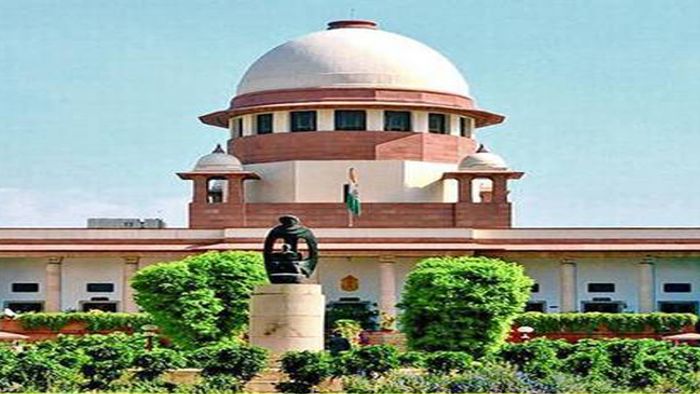SUPREME COURT ALLOWS PASSIVE EUTHANASIA

- Mar 09, 2018,
- Updated Mar 09, 2018, 1:43 AM IST
In a landmark judgment, the Supreme Court Friday passed an order allowing passive euthanasia in the country. The apex court, recognising “living will” made by terminally-ill patients who are likely to go into a permanent vegetative state, laid down guidelines for the same, including who would execute the will and how nod for passive euthanasia would be granted by the medical board. A five-judge Constitution bench, headed by Chief Justice of India Dipak Misra, said that the guidelines will be in force till legislation on the same is passed by Parliament. The five judges had written four separate judgements expressing their views, but concurred on allowing passive euthanasia and advance directives. The bench also comprised justices A K Sikri, A M Khanwilkar, D Y Chandrachud and Ashok Bhushan. The CJI’s judgment said the heart of the matter is whether law permits the acceleration of death without suffering.
Passive euthanasia, defined by the SC in Aruna Ramchandra Shanbaug vs Union Of India & Ors (March 7, 2011), entails withholding of medical treatment for continuance of life, e.g. withholding of antibiotics where without giving it a patient is likely to die.”